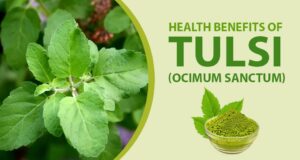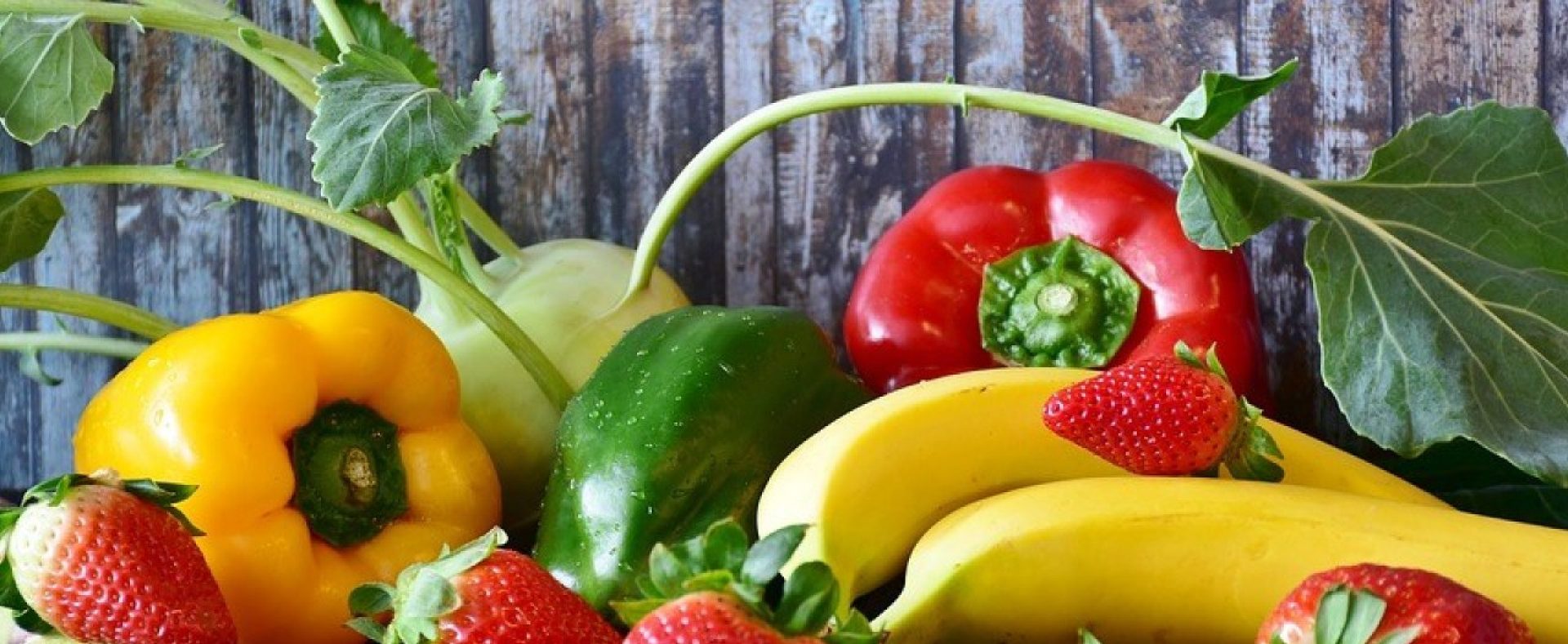
Tulsi or holy basil is known as the ” Queen of Herbs” and in Sanskrit means the incomparable one. Hinduism links the Tulsi plant to the figure of a Goddess.
Nutrient Content: Tulsi is rich in phytonutrients and contains Vitamin A, beta-carotene, potassium, iron, copper, manganese, and magnesium.
Anti- inflammatory: COX-2 is a molecule commonly targeted by anti-inflammatory medications. Tulsi is a natural Cox 2 inhibitor and excellent for inflammation. Being anti inflammatory it is traditionally used to treat cardiovascular disease.
Stress reduction: Tulsi has anti-depressant and anti anxiety properties. Add the leaves to boiling water and make a Tulsi tea. Caffeine free , it clears brain fog, relaxes you and gives you a feeling of well being, hence reducing stress.
Anti- bacterial: Tulsi is anti bacterial, anti viral and anti fungal and can even boost wound healing. Due to these qualities it is a great immunity builder.
Blood sugar: Tulsi can reduce your blood sugar and also help prevent symptoms of diabetes such as hypertension, cholesterol, weight gain and insulin resistance.
Tulsi( sabza) seeds: Sabza seeds are most nutritious when they are soaked. You can soak about 2 teaspoons of sabza seeds in one cup of warm water for about 15 minutes. Warm water makes the seeds swell up and release the digestive enzymes and antioxidants.
Weight loss: Sabza seeds have a large quantity of ALA(alpha linolenic acid) which is present due to the content of Omega 3 fatty acids. This promotes weight loss.
Cooling effects: Sabza seeds lower body heat. It is good to add sabza seeds to your lemon shots in the summer. It is very alkalising.
Constipation : Excellent when added to isabgol and water to relieve constipation and bloating. Sabza seeds are great stomach cleansers.
Acidity: Sabza seeds help soothe the stomach lining and relieve burning and acidity.
Healthy skin and hair: Sabza helps your body secrete collagen, and so help the body form new skin cells.
Sabza seeds also contain iron, Vitamin K, and protein so promotes good hair growth.
Caution: Pregnant women should avoid sabza as they bring down the levels of oestrogen in the body.
All the best and happy healing from Naturally Dimpi!!

